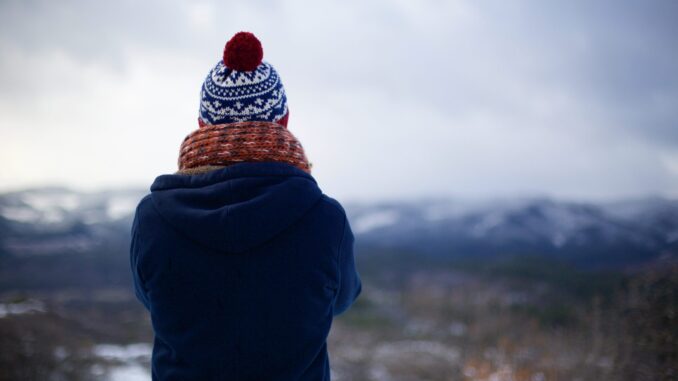
As the novel coronavirus rages through the world, one question is worrying health experts: Will Covid-19 be more lethal during winter?
A winter surge is common for respiratory viruses, and many experts believe that the number of Covid-19 cases is likely to rise as temperatures dip.
“Compared to the U.S. and European countries, India has a starkly different climate,” said Dr. Pradeep Awate, a surveillance officer in Maharashtra, a western state that has the highest number of Covid-19 cases and deaths in India.
“We are a tropical country,” he said. “Our observations from more than a decade show that the monsoon surge in influenza is much higher than the winter surge, barring 2015, when we recorded a very high winter surge too.”
India is fast approaching the 7 million mark in Covid-19 cases. As of Oct 8, India recorded 6.84 million cases and 106,000 deaths; 5.83 million have recovered. Maharashtra recorded 1.48 million cases, 39,072 deaths, and 1.2 million have recovered. The state has vast experience in handling the H1N1 outbreak since 2009.
“We believe that the SARS CoV-2 will also behave in a similar pattern as H1N1, said Awate. “We have already recorded a monsoon surge in Covid-19 during July and August.
“Looking at the epidemiology, when the virus enters the winter season, a vast number of the Indian population will already be exposed and would have herd immunity,” he said.
As the cases of seasonal coughs and colds start increasing during the winter, experts fear that differentiating the symptoms from Covid-19 is likely to be a challenge.
“There are markers to differentiate the symptoms and there is now more awareness among the doctors, but it will still be tricky,” said Mumbai-based Dr. Pratit Samdani, who consults in some of the top hospitals in the city.
“Most viral infections have a similar etiology,” he added. “Runny or stuffy nose, headache is typical in the common viral infections. But we don’t see the runny nose in Covid-19. Instead, there is more body ache, fatigue with fever, and there is a loss of smell and taste, which is distinct.”
While there are diagnostic tests for all common viral infections, as well as for Covid-19, the seasonal spurt could be costly for patients as doctors may want to rule out infections by ordering more tests.
“Cities like Mumbai don’t experience extreme cold,” Samdani said, “but the dip in temperature is likely to coincide with complete unlocking measures and starting of local trains, which may result in a new wave of Covid-19 cases.”
A July study by the Indian Institute of Technology, Bhubaneswar and All India Institute of Medical Sciences, Bhubaneswar titled “Covid-19 Spread in India and Its Dependence on Temperature and Relative Humidity” states: “Overall, our analysis reveals that cold and humid conditions will lead to higher growth, whereas warm and dry conditions may lead to lower growth in Covid-19 cases.
“The winter with its lower temperature is also unfavorable for the slowing down of the disease and its spread. The mean difference (country average) of as high as 7 degrees Celsius (44.6 degrees Fahrenheit) between summer and winter points to a possibility for greater potential spread of COVID-19 from an environmental perspective.”
Dr. P. Lalmalsawma, nodal officer for Covid-19 in Mizoram in northeast India, said, “It is a new virus and thus we will have to wait and see how it behaves in winter. Our winter months are between mid-November to mid-February. We experience extreme cold during December and January. We do see a spurt in influenza cases during winter and monsoon.”
Mizoram has recorded a little over 2,100 Covid-19 cases so far.
“Our conditions are not like other Indian metros, which are extremely crowded,” said Lalmalsawma. “This is likely to work in our favor.”
The researchers who complied the July study have suggested that policymakers should make targeted decisions that may also include environmental information to slow the spread of Covid-19.
“A 1-degree Celsius rise in temperature leads to the decline in disease cases by 0.99 percent and increases the doubling time by 1.13 days,” the researchers found. “Similarly, an increase in relative humidity tends to increase the growth rate and decrease the doubling time by 1.18 days.
“However, it must be stressed that the actual spread will eventually depend on human intervention such as strict enforcement of universal masking, physical distancing, and improved hand hygiene and possible commencement of herd immunity.”
(Edited by Siddharthya Roy and Judy Isacoff.)
The post Will Covid-19 Be More Lethal in India in Winter? appeared first on Zenger News.
